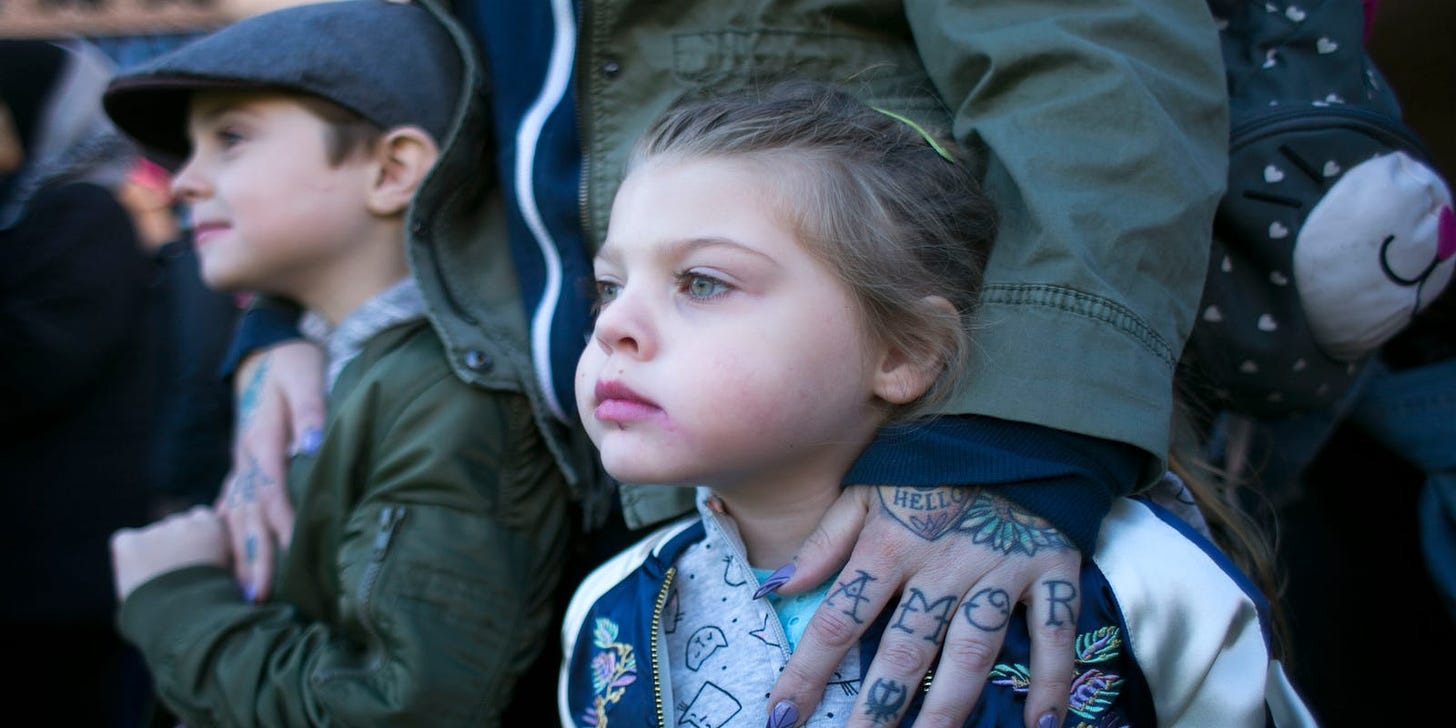In the last few weeks, we have been treated to a festival of man-hatred led, of course, by the Labor and Greens Parties – and their affiliates in the media. Labor’s Minister for Quotas and Man-hatred, meangirl Katy Gallagher, was again in the thick of it. The festival followed a period during which there was (allegedly) an unusually high rate of females murdered by their partners.
Two points yet again came to mind.
First, there was no mention of how many males were murdered during the same period. Fact is that males, due to the gene pool nature has dealt them, are more likely than females to resolve conflicts with violence – violence that in extreme cases ends in murder.
Females have a very different way of dealing with conflict where their mouth plays a big role. Their mouth can be just as deadly as a punch in the face for what it can unleash. Again, this is fact.
In a recent post (The True Statistics of Male and Female Murders) I quoted figures from The Australian Bureau of Statistics that showed about two-thirds of all murder victims are male, most often by a male. These figures contradict the feminist claim that men naturally focus their violence on women.
The second point is about the motivations that bring men to kill their women. There’s no talk about what brought a particular man to that point. No, it’s misogyny, say the feminists. Men just kill women because that’s what men do. There’s no other reason. To deal with this feminist fact, the government must pump millions more into no end of self-appointed feminist bodies to deal with the ghastliness of maleness.
In the most shocking case where a man ambushed his wife and children during peak hour traffic, threw a can of petrol into their car, and set them alight, I wondered – and still wonder – what set of circumstances brought that man to such an appalling act.
In another perceptive article, Janice Fiamengo offers a scenario that must play a role in men’s desperate actions.
*****
When Feminism is Child Abuse
Feminist mothers’ (and some fathers’) words to their sons reveal insidious anti-male prejudice
JANICE FIAMENGO MAY 01, 2024

In a recent video clip, a mother tells of how she stopped her five-year-old daughter from apologizing. The daughter’s apologies, which tended to be made when she was told “No,” were a red flag, the mom noted, for her daughter’s excessive concern for others. The mother wants her daughter to be comfortable advocating for herself. She wants her to “take up space,” and, above all, not to be sorry for wanting things.
This sort of advice seems typical of modern moms and daughters. It’s all the rage now to raise girls to be assertive and not to apologize.
What does a feminist mother tell her son? Nothing similar.
Whether in the classroom, in mainstream magazine articles, or in statements by politicians, boys learn that they should apologize. Their “taking up space” is a problem that may make girls uncomfortable. They need to be aware of girls’ discomfort and vulnerability, and they should be willing to put girls’ needs first.
The anti-male message is pervasive even, or especially, in articles by mothers of sons, as I discovered when I scoured the internet for feminist parenting advice. In these remarkable articles, mothers and some fathers openly admit to undermining and guilt-tripping their boys. They demonstrate the radical extent of feminism’s assault on the male psyche. What follows is a small, representative sample.
In 2016, the On Parenting section of The Washington Post published an alarming essay by Jody Allard, a feminist journalist. Allard’s article discussed the failure of her teenaged boys, ages 16 and 18, to be feminist allies. The sons, laments Allard, “refuse to acknowledge their own culpability” in misogyny. Here is a classic feminist Kafka trap: If the boys won’t admit they’re to blame, then they’re to blame for not admitting they’re to blame. In the revealingly-titled “My teen boys are blind to rape culture,” Allard’s anger at her sons’ disinclination to acknowledge the pervasiveness of rape is palpable in every line. “They aren’t willing to sacrifice their own comfort for my sake, or for anyone else,” she seethes. But one could more convincingly argue that it’s Allard who isn’t willing to sacrifice her comfort for the sake of her boys. Why does she insist that her children believe what she believes and see what she sees, even if they actually can’t see it or believe it? She explains that “in this broken system, anyone who isn’t with us is against us. Particularly, and especially, men. Even my own sons—even yours.”
It is a horrifying article in which the sons’ expressions of skepticism about rape culture make them indistinguishable, in their mother’s mind, from the ghoulish internet misogynists she conjures. “Not all men, they remind me, and my guts wrench as my own sons mimic the vitriol of a thousand online trolls,” she tells readers melodramatically. Notice how she redefines a simple factual statement as vitriol. That her sons might be expressing a natural resistance to unfair self-castigation seems never to occur to her.
It’s difficult to fathom the psychological discomfort of being one of those sons, growing up in an atmosphere heavy with moral disapproval, and responding to the mother’s impossible-to-appease rage. It may be no coincidence that just six months earlier, this same woman had written about the suicidal depression of one of her sons, stating that “My son’s depression doesn’t belong to me. I didn’t create it and I am not responsible for it.” Perhaps not, but the damning anger can’t help.
Unfortunately, Jody Allard’s feminist convictions are not at all unusual.

Some mothers begin their proselytizing of sons at an even earlier age. An article by feminist mother Lane Brown in the Christian Science Monitor, “NYC Candid Catcall Video: How Can We Make Our Sons Stop,” tells in toe-curling detail how a mother who watched a video about catcalling decided she would need to start lecturing her son, not yet two years old, about the objectification of women so that when he attends pre-school, for example, he will not go there with the thought “that girls are there to be looked at, or just to play the wife in a game of house.” Addressing her little boy in imagination, she outlines her standard of rectitude: “My hope of hope, before you even are able to form a sentence, is that you will never form a sentence that makes someone feel ashamed or embarrassed.” She realizes that she will have to repeat her injunctions again and again. One can only imagine the confusion, shame, and dread such lectures are likely to produce in a little boy trying to figure out his place in the world.
